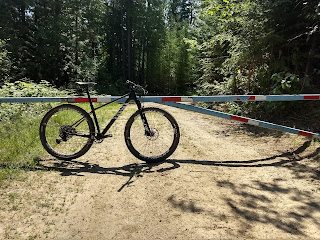Muscle Damage and Running Economy (Part 2)

"It's the economy, stupid." The implications of muscle damage during endurance events presents a paradox - the very act of racing progressively reduces our ability to maintain race pace. But it's not as simple as just muscle damage leads to reduced running economy. While the data we collected in our research project described in Part 1 demonstrate acute effects of muscle damage, the real-world implications during long races like marathons and ultramarathons are more complex and potentially performance limiting. During a marathon, muscle damage accumulates through the race. Unlike the controlled laboratory setting where damage is induced through a single session of eccentric exercise, race-day muscle damage is compounded by multiple factors: repeated eccentric loading from thousands of footstrikes, environmental conditions, terrain, and the high-intensity nature of racing. By mile 20, when many runners hit the proverbial "wall," they're not jus...


